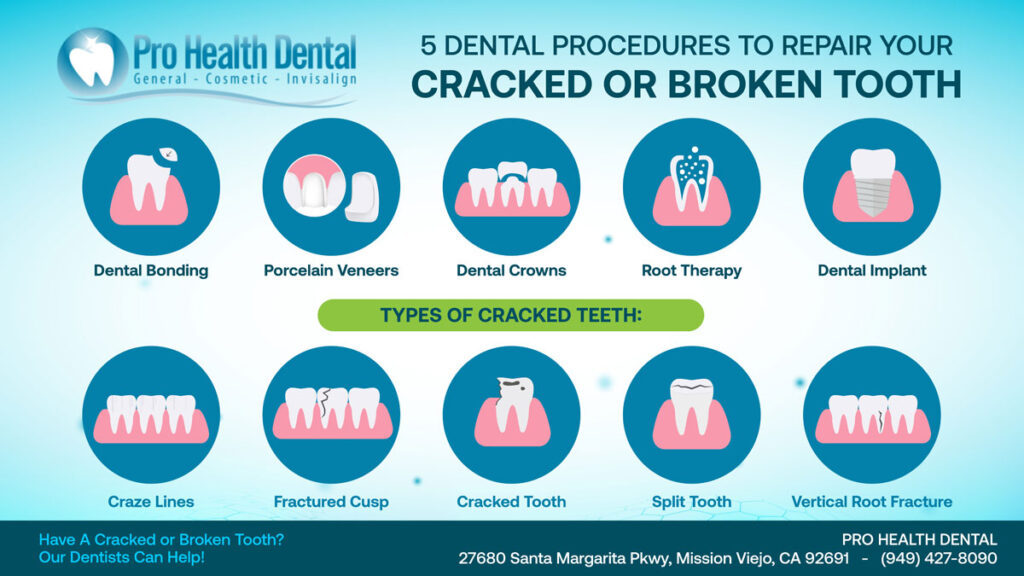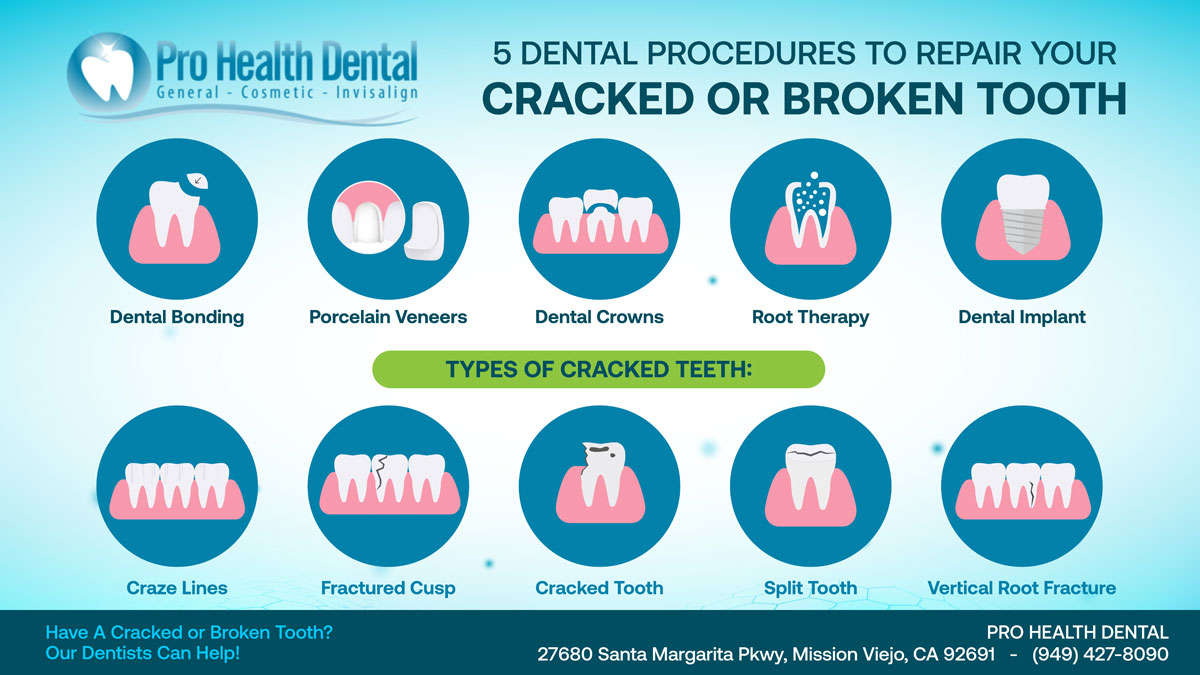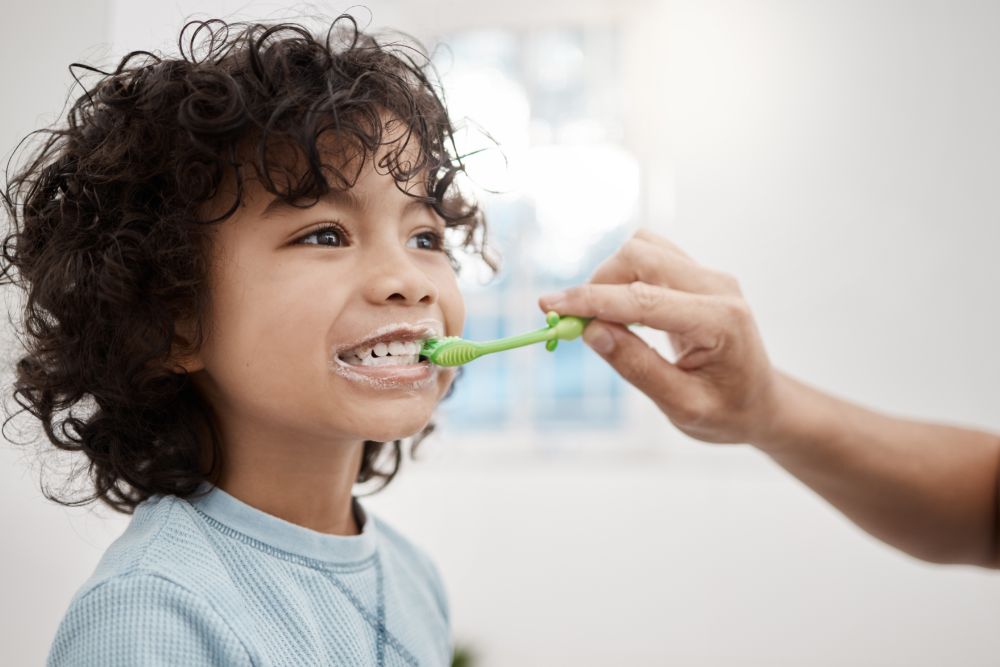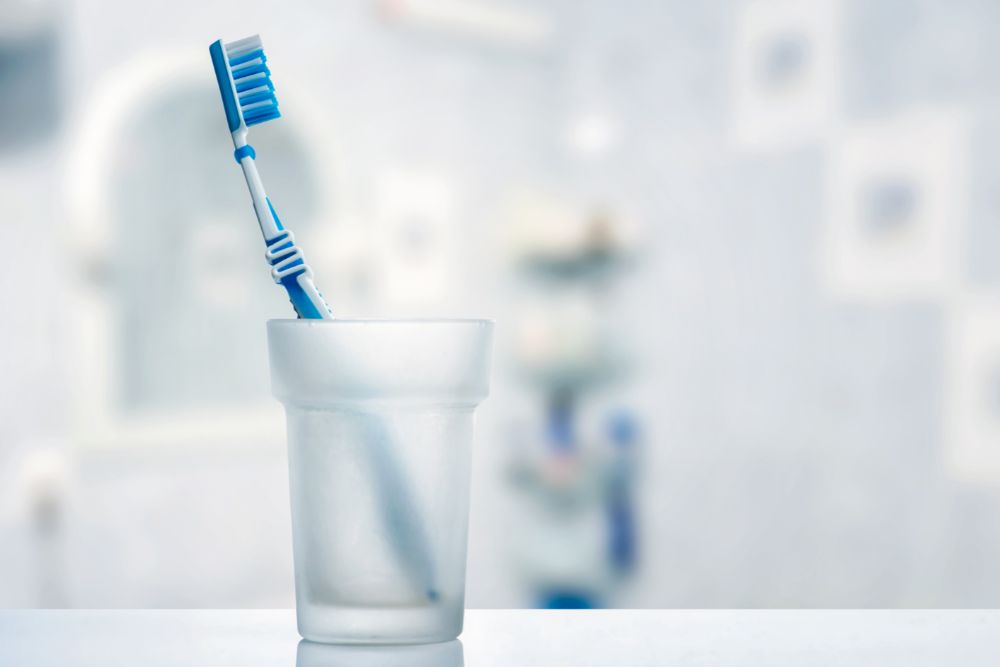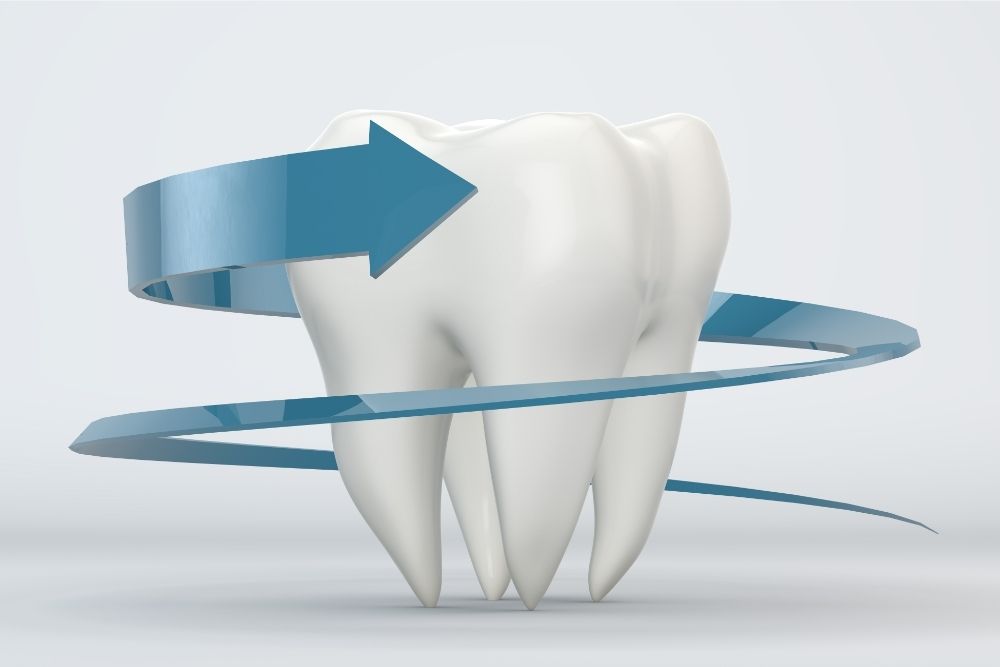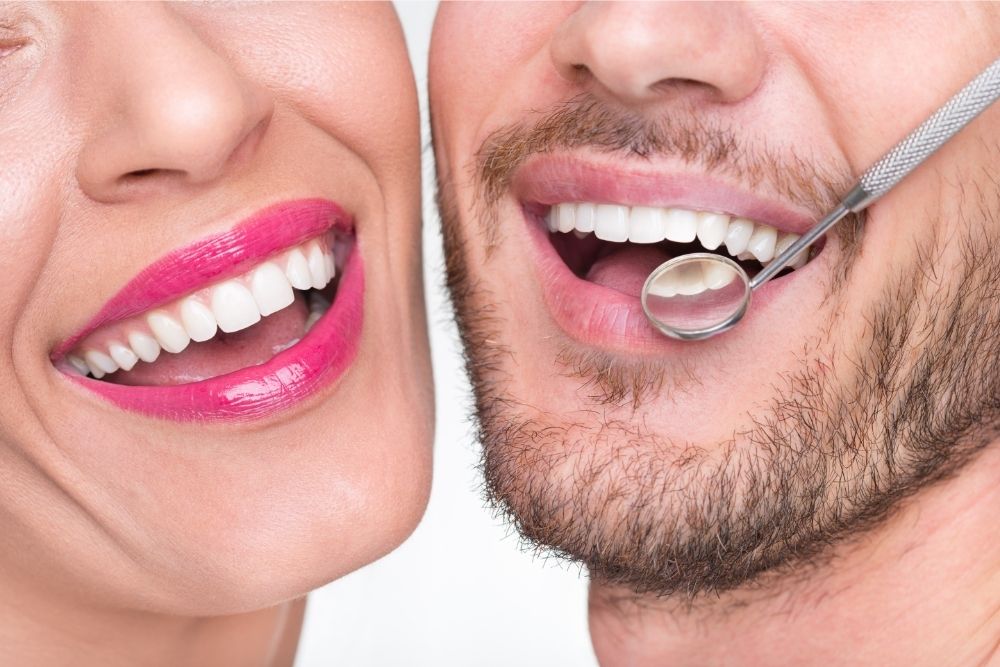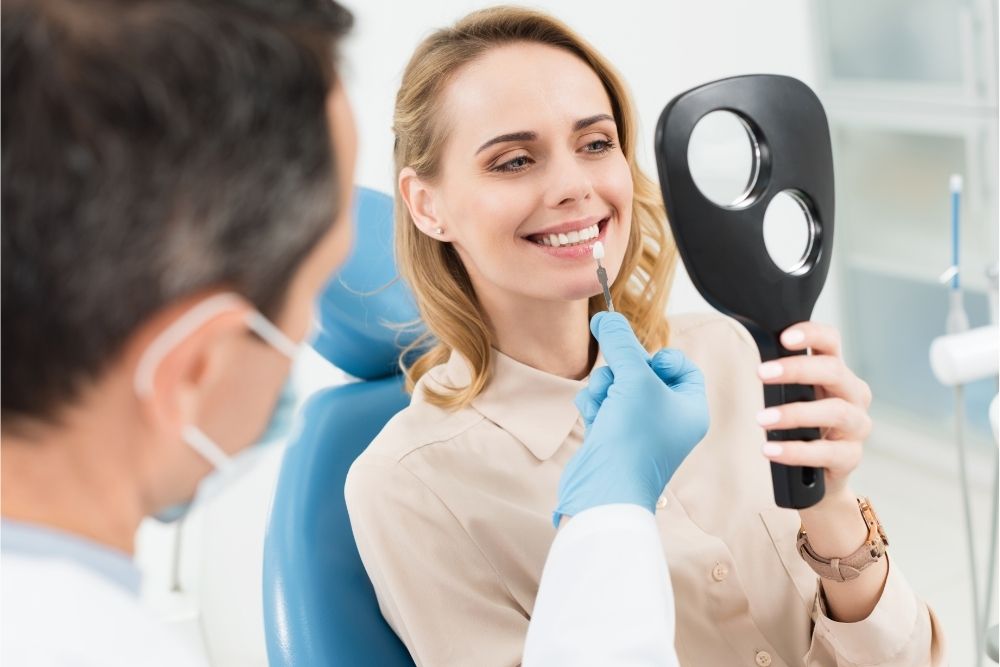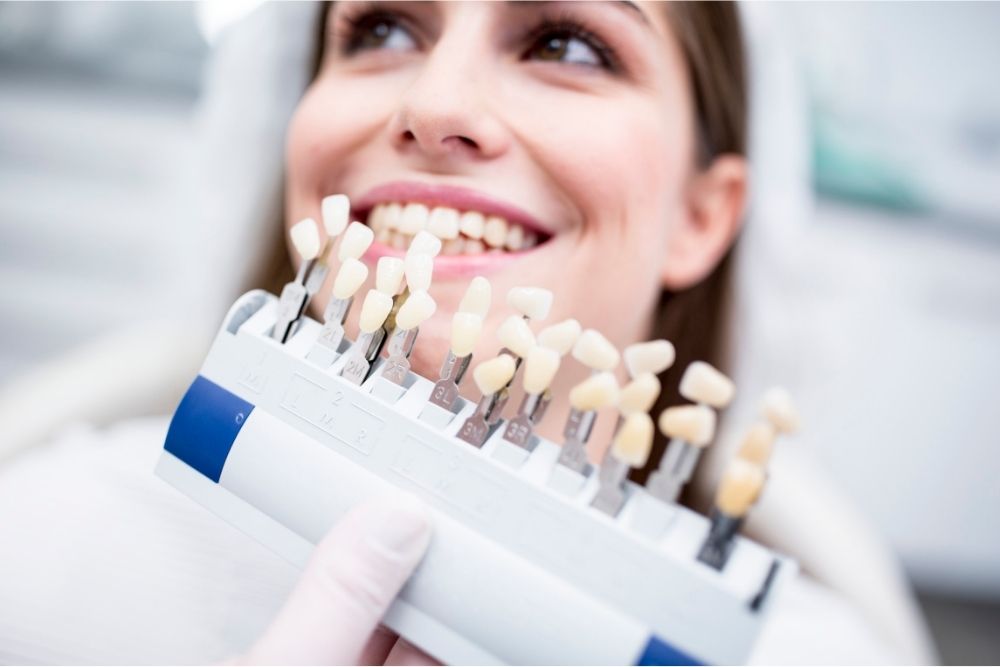
Are you experiencing tooth sensitivity? If this involves only one or two teeth, the local problem can be appropriately dealt with. If there is overall sensitivity in your mouth, the fundamental issue has to be treated. Common causes and remedies can include:
Brushing Incorrectly
It is common for people to use toothbrushes that are too hard and damage the enamel and gums. The enamel is the outside surface of a tooth and is the hardest bone in the body, but it can be scrubbed off or damaged this way. So can improper brushing technique, such as stroking across the teeth going back and forth, rather than carefully brushing from the gums towards the top of each tooth on both sides, using a soft-to-medium brush.
Cavities
You may not feel much pain initially, but a cavity (aka dental caries) can eat a hole in the enamel and the next protective layer, the dentin, when it becomes painful and then it may penetrate that and reach the vulnerable soft tissue of the inner pulp, which could require extraction of the tooth.
Old or Damaged Fillings
Composite resin fillings may last 10 years and a metal one 15, but they can crack or be worn down much earlier and require a replacement.
Cracked or Chipped Teeth
The sensitivity even from a tiny opening would be due to the dentin or pulp being exposed. These can be repaired with veneers or dental bonding..
Harsh Whitening Products
Over-the-counter whitening strips, gels, and mouthwashes might be too strong for your teeth. It is better to have whitening done in a dental chair with a trained member of our staff or by using an approved set of take-home trays with gels.
Grinding Your Teeth When You Sleep
You may not even be aware that you do this, but a dental exam will reveal the damage that would make your teeth sensitive. We can repair them with dental crowns, if severe, and protect them from further damage by creating a personalized mouthguard to wear when you sleep.
Gum Recession
If your brush and flossing habits have been inadequate, the bacterial plaque that forms around bits of food that are not removed can cause your gums to recede, exposing the roots, which are not covered by enamel. We can protect them with a dental sealant or do a gum graft, if needed.
Acidic Foods and Beverages
Carbonated sodas, beer, hot chocolate made from cocoa, citrus fruits and juices, tomatoes, pickles, sauerkraut, starchy foods, dairy products, fish, and processed meats should be limited if your teeth seem to be getting worn down by their high phosphoric acid content.
Acid Reflux
If you frequently suffer from acid reflux, the cause should be determined by a physician, but there are OTC remedies that should be used if you anticipate some type of food that keeps causing problems. The acid that comes up harms the enamel of your teeth.
If any of your teeth have become sensitive, call us for an appointment for a full dental exam before sensitivity leads to a more serious condition.

